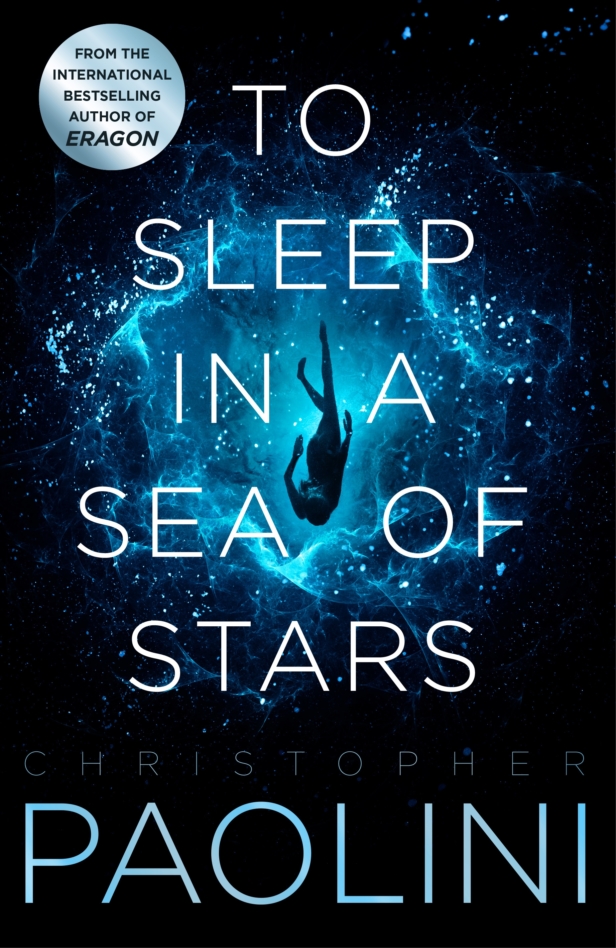Kira Navárez is looking forward to going home. Her work as a Xenobiologist has taken her far across the galaxy in an effort to explore and discover what might be out there. She knows that aliens exist, or at least that they existed. She can see remnants of their architecture but no-one’s ever seen an actual alien, let alone met one. However, as Kira is tidying up one last job, her curiosity gets the better of her when she makes an alien discovery of her own, unwittingly uncovering a dormant and deadly secret.
Waking up days later on a government military ship, Kira discovers she is now host to a symbiotic alien technology. Following an explosive incident with her new-found ‘companion’, she is left adrift in space on a survival mission to try and decipher the secrets of the alien tech to which she’s now bonded. Soon she’s rescued by the Wallfish, a rogue spaceship run by a ragtag crew of morally ambiguous misfits who (after some explosive incidents of their own) decide to team up with Kira as their deadliest weapon on a quest to try and bring an end to a newly awakened alien war.
Upon first reading that Kira is covered by a slick black sentient skin suit with slightly aggressive tendencies and otherworldly abilities to adapt, fight, heal and build, you can’t help but draw parallels to the Eighties Venom/Spider-Man concept. Furthermore, when you consider that that story was told in a 22-page comic book format, author Christopher Paolini’s 800+ page behemoth of a book starts to look a bit bloated.
While some of the ideas and plot may sound familiar, the book reads better as a love letter (a bloody long love letter admittedly) to sci-fi rather than a mind-blowing fresh and unique take on the genre. Even though there is a rogue absence of the more high concept philosophical questions that hard sci-fi largely demands of a reader, there’s still plenty of intelligent scientific/sci-fi concepts to get lost in. Paolini’s Faster Than Light (FTL) space travel rules feel particularly well thought out and serves a great purpose, presenting real challenges for the characters (and we assume the author) to overcome.
The characters can, on first introduction, feel a little too archetypal. But Paolini manages to inject enough colour into the their backstories that negates the need for predictable ‘shocking’ reveals, helping to keep them unique and relevant. As you bounce along the path of familiar storytelling beats you are greeted with surprising twists in the characters’ decisions, allowing the story to take enjoyable plot diversions.
It has taken Paolini the best part of a decade to complete To Sleep In A Sea of Stars. When you look at his previous work on the multi-book fantasy series, Eragon, you can feel that perhaps it’s been a struggle to condense a story of this scope into a single volume and he makes an affectingly honest declaration in his closing remarks in the novel that “To Sleep In A Sea Of Stars isn’t perfect, but it’s the best version of this story I could write and I’m proud of the final result”.
The scope of the book is nothing short of epic and while the building blocks of the plot are nothing revolutionary, To Sleep In A Sea Of Stars is able to conjure up enough surprises to deliver an intelligent and enjoyable space adventure with a lot of heart.
To Sleep In A Sea Of Stars by Christopher Paolini is out now.
